The rush of the 60s was still felt in the 70s. Life didn’t slow down by any means. With so much liberation in the 60s, films began reflecting the quintessential energy of the 70s. This energy was palpable from musicals to dramas. If the previous decades were about finding freedom, then the 70s were about basking in it and redefining humanity in a new way. Younger people weren’t bound by race, sexuality, or gender in the same way as their parents were.
Musicals like Cabaret and The Rocky Horror Picture Show redefined youth and sexual exploration. The films also explore themes of bisexuality and, what would now be considered, gender non-conforming individuals. Films like In a Year of 13 Moons and Dr Jekyll and Sister Hyde give transgender characters center stage. LGBTQ+ movies have been around before the 70s, but they found their humanity during this time. The ideas of bisexuality were shifting from being a phase or a state of confusion, albeit a slow shift. Although people still used the term “transsexual,” The Rocky Horror Picture Show made it less of a derogatory term and more of a vibrant expression of one's body.
As we near the end of Pride Month 2023, let's take a look at the best LGBTQ+ movies of the 1970s, ranked.
15 Dog Day Afternoon
At first glance, a film based on a real life bank heist might not scream Pride Month. However, Dog Day Afternoon's depiction of society’s perspective on the LGBTQIA is alarmingly accurate. Sonny (Al Pacino) and Liz (Chris Sarandon) face struggles directly correlating with their bisexuality and transness. They are discriminated against for more than this as they are in a throuple. The free love attitudes of the 60s clearly only applied to hetero people and this is translated into the film as Sonny being mocked by his family and Liz being misgendered and deadnamed.
14 Cabaret
One of the more provocative musicals of the 70s, Cabaret features two bisexual men in a relationship with a straight woman. Actor Michael York, who portrays Brian, informed The Huffington Post that he felt at ease playing a bisexual man, despite the judgment from his friends. Brian is in a relationship with Sally (Liza Minnelli), a straight woman, but cheats on her with a baron named Max (Helmut Greim), a bisexual man. Though bisexuality isn’t respectfully depicted, the film encapsulates the struggles many queer people face in trusting others, both in and out of the community.
13 The Boys in the Band
Queer history marks Stonewall as one of its most pivotal moments. Before the protests began, the LGBTQIA community was unprotected, which led to many being closeted for safety purposes. Keeping this in mind, The Boys in the Band, based on the stage play, takes place a year prior to the protests at Stonewall. The film captures how the LGBTQIA community lived and celebrated in spite of societal discrimination.
12 In a Year of 13 Moons
Director Rainer Werner Fassbinder lost his partner when she unalived herself, and through his grief, created the film, In a Year of 13 Moons. A transgender woman named Elvira (Volker Spengler) is at the center of the film. She has been forsaken by her lover and begins to spiral into depression. The tragedy that follows is deeply provocative and critical of society versus human needs.
11 Some of My Best Friends Are…
According to NYC LGBT Sites, Greenwich Village has been a historic LGBTQIA site for over a century. Situated on the Hudson River, just South of the Meatpacking District, Greenwich Village has evolved into a modern day safe haven for trans youth who are Black or Brown. In the film, Some of My Best Friends Are…, queer friends meet up for a holiday celebration. At Blue Jay Bar, which happens to be mob-owned and operated, a group of lesbians and gays come together for Christmas. During their reunion, they talk about life, love, and their careers late into the night.
10 Change of Sex
The Spanish film Change of Sex centers on José Maria, a trans teenager who lives outside of Barcelona. In her attempts to express herself through fashion, she is forced to be more manly by her sexist father. He makes José Maria chop wood but when that doesn’t stop her from expressing herself, her father takes her to a cabaret. Yet as fate would have it, one of the performers named Bibi is a trans woman. Sing José Maria runs away from home, changes her name to Maria, & begins to explore gender confirming surgery.
9 Female Trouble
While she served as inspiration for The Little Mermaid’s (1989) Ursula, drag queen Divine also stars as Dawn in the dark comedy entitled Female Trouble. Dawn is a spoiled teen who destroys her family’s Christmas decorations because they won’t buy her heels. She runs away and when she is left to raise her baby on her own, she engages in illicit activities just to survive. The film is full of dark elements that the queer community face, yet these elements are met with humor and outrageous stunts.
8 La Cage aux Folles
Based on the play with the same title, the film, La Cage aux Folles, takes place in a French resort town. Renato (Ugo Tognazzi) and his partner Albin (Michel Serrault) are running a nightclub with drag performers as the main entertainment. The couple is happily enjoying the benefits of business and pleasure until Renato’s son brings home his new fiancé. Laurent, Renato’s son, and his fiance Andrea are visiting with the purpose of their parents meeting. But Andrea’s parents are bigots, so chaos is sure to ensnare what would otherwise be a joyful celebration.
7 Score
From director Radley Metzger comes Score, one of the first films to depict bisexuality. According to UCLA Cinema, the depictions of bisexuality are more often than not impractical and partial. Due to these biases, some directors attempt to confront them. Elvira and her husband Jack decide to spice up their marriage by competing to see who can swing better with another couple. Elvira chooses a woman named Betsy while Jack chooses Eddie, who is Betsy’s husband. Yet as they struggle to win the bet, Elvira and Jack have Betsy and Eddie over for one last attempt.
6 Myra Breckinridge
In the film adaptation of the novel of the same name, Myra Breckinridge centers on a trans woman's impact on an acting school. Myra (Raquel Welch) recently had gender-affirming surgery and devises a plan to usurp the patriarchy. She convinces her uncle that his nephew, her pre-transition, has passed and as his wife, she is entitled to employment at his acting school. In her class, Myra introduces femdom as a way to obliterate the patriarchy. The film is now considered a cult classic by some.
5 Dr Jekyll and Sister Hyde
Add Dr. Jekyll and Sister Hyde to your list of contenders for underrated horror films. In this black and white horror film from across the pond, the classic science fiction horror story of Strange Case of Dr. Jekyll and Mister Hyde is genderbent. Dr. Jekyll becomes fixated on finding a potion to make him immortal after a colleague made a snide remark about his work. Through his research, he begins using hormones from women who are murdered in his life extending elixir. Dr. Jekyll’s experiments lead him to be transformed into a woman named Mrs. Edwina Hyde who has a taste for murder.
4 The Last of Sheila
In The Last of Sheila, a group of friends reunites aboard a yacht. But to make things interesting, they decide that once they arrive at their destination to play a game. Each person is handed a card with a secret of a stranger whom they must confront by proclaiming to know their secret and holding up the card. On the card is a statement that reads, “YOU are a SHOPLIFTER” or “YOU are a HOMOSEXUAL”. Yet the game quickly turns deadly, and the friends must decipher which friend is a murderer.
3 I Want What I Want
Based on the book of the same title, I Want What I Want is a film that centers on the trans experience. In realizing she is a trans woman, Wendy escapes her abusive father, so she can thrive as Wendy. Yet she finds that being a woman comes with its own challenges. The film avoids themes of transploitation which makes it one of the top contenders for best LGBTQ+ film of the 70s.
2 Sunday Bloody Sunday
A British drama, Sunday Bloody Sunday centers on bisexuality and queerness without exploiting those who are bisexual or queer. Bob (Murray Head) is a bisexual artist who bounces between relationships with Alex (Glenda Jackson) and Daniel (Peter Finch). Due to Bob’s charisma, both Alex and Daniel reluctantly put up with the love triangle. To make matters even more complicated, the Bob’s lovers run in the same social circle.
1 The Rocky Horror Picture Show
The raunchiest musical of the 70s, The Rocky Horror Picture Show is also the most iconic LGBTQIA musical of all time. Dr. Frank-N-Furter is a pansexual scientist who creates life, albeit for his own sensual desires. He created Rocky Horror, a man who discovers he’s bisexual through a hook-up with Janet (Susan Sarandon). Additionally, the music, costumes, and titillating circumstances stand the test of time which is what makes it the ultimate 70s LGBTQIA film.
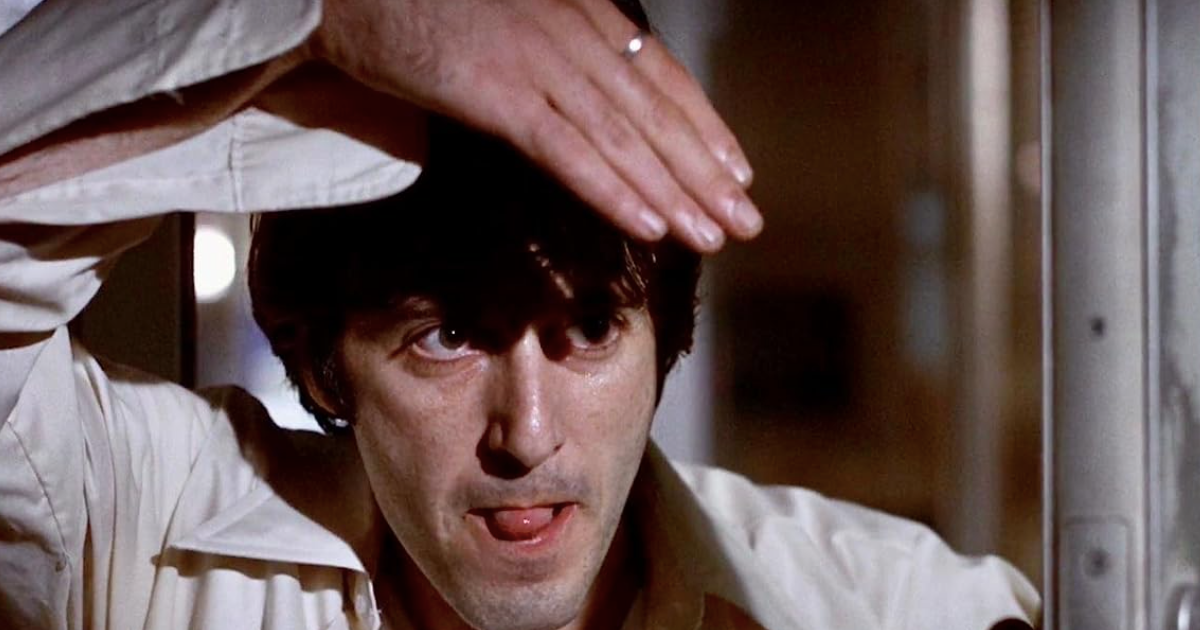
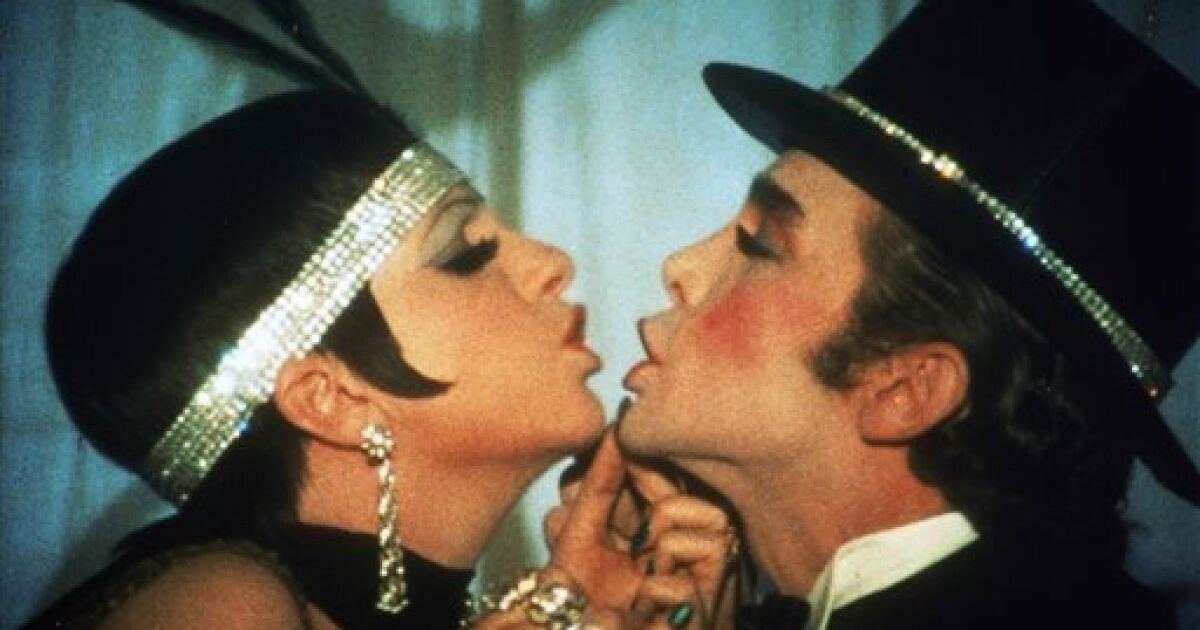
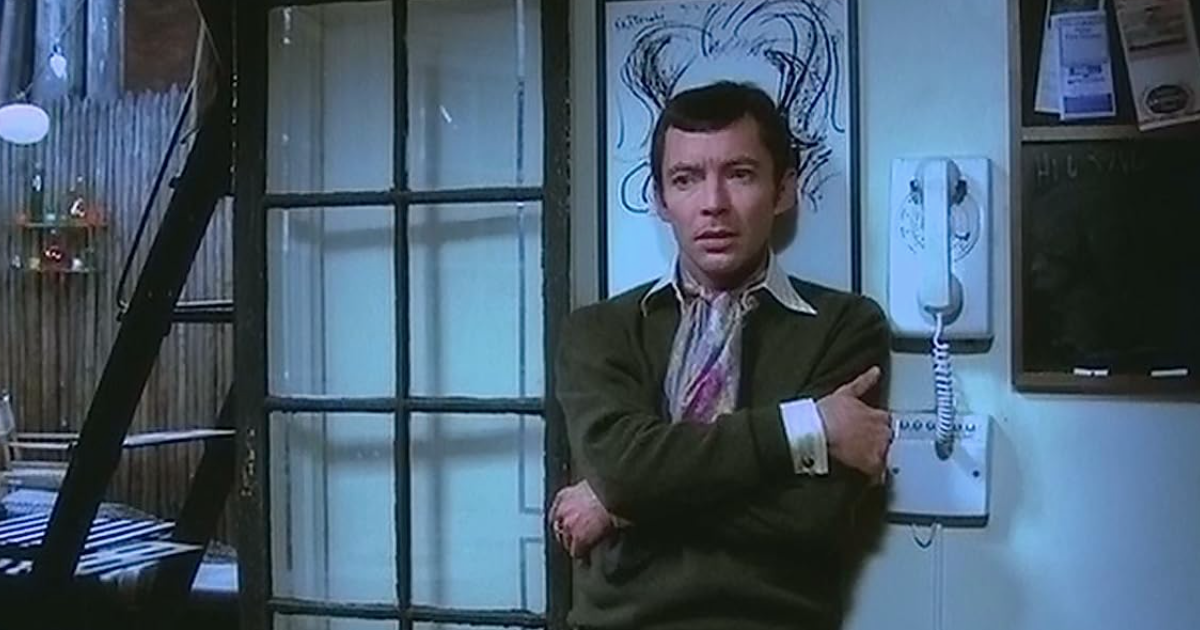
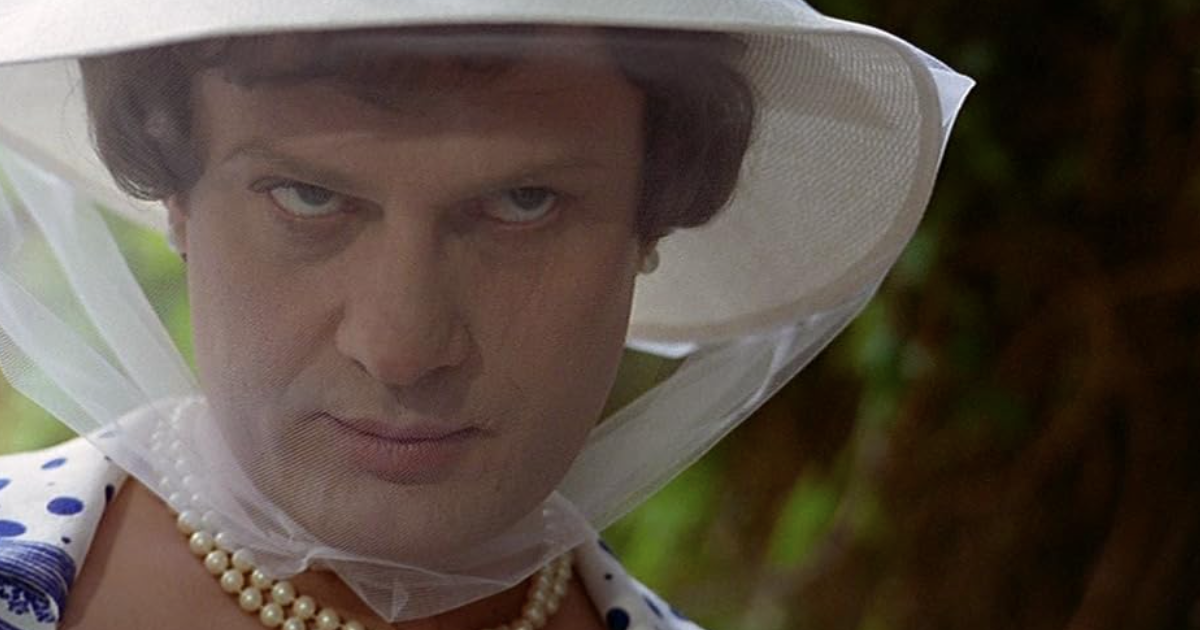


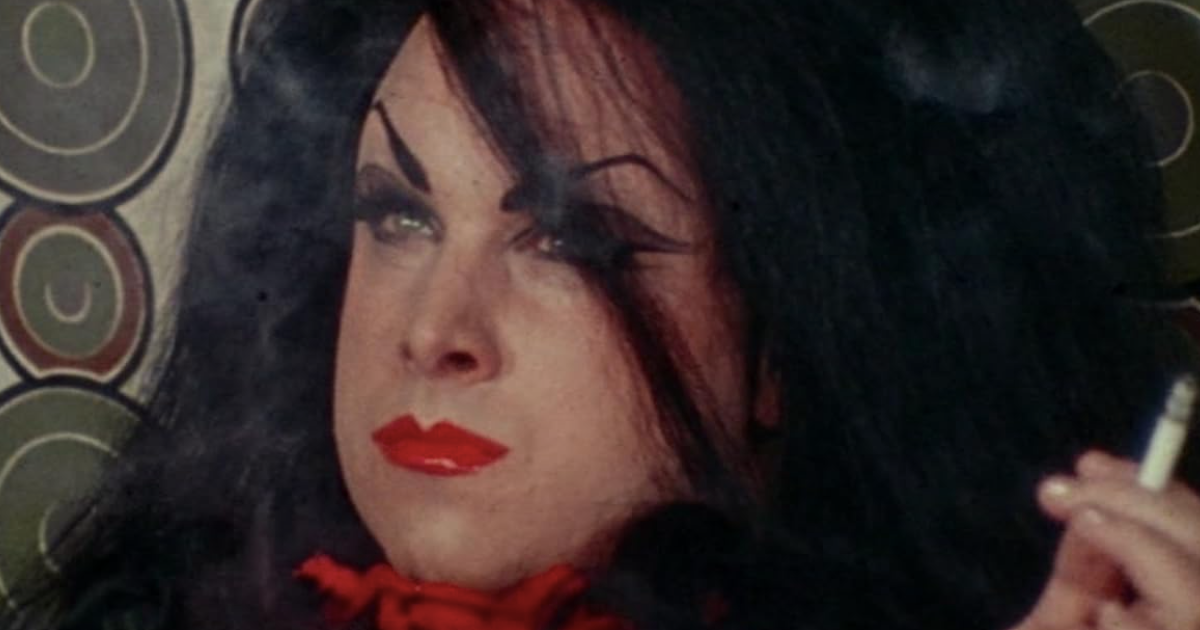
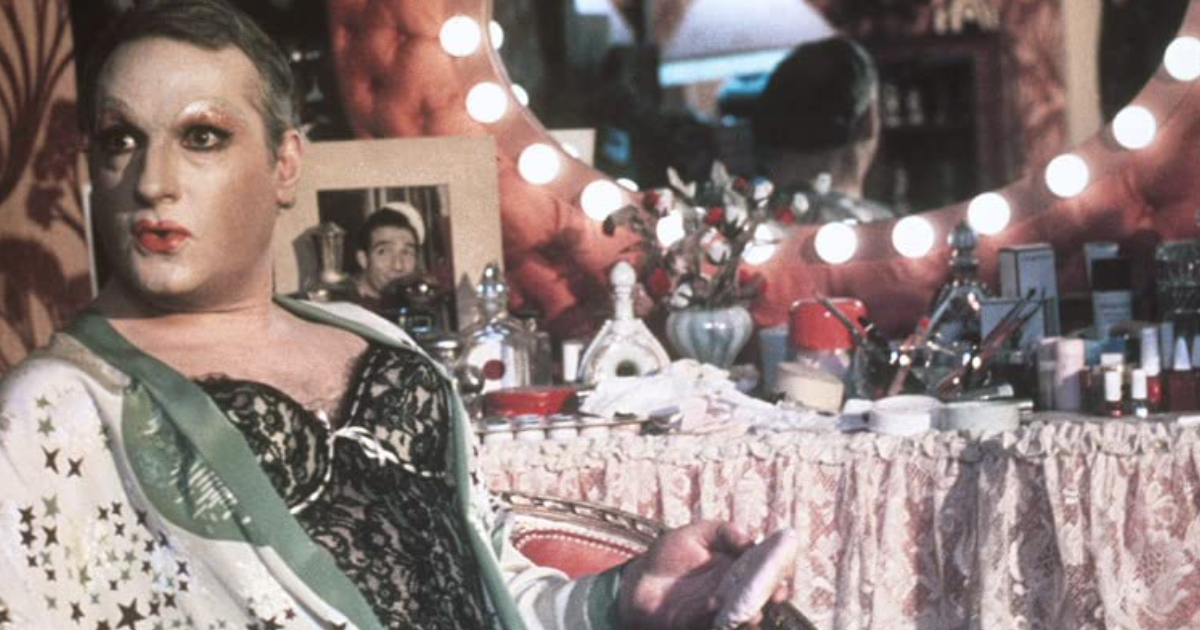




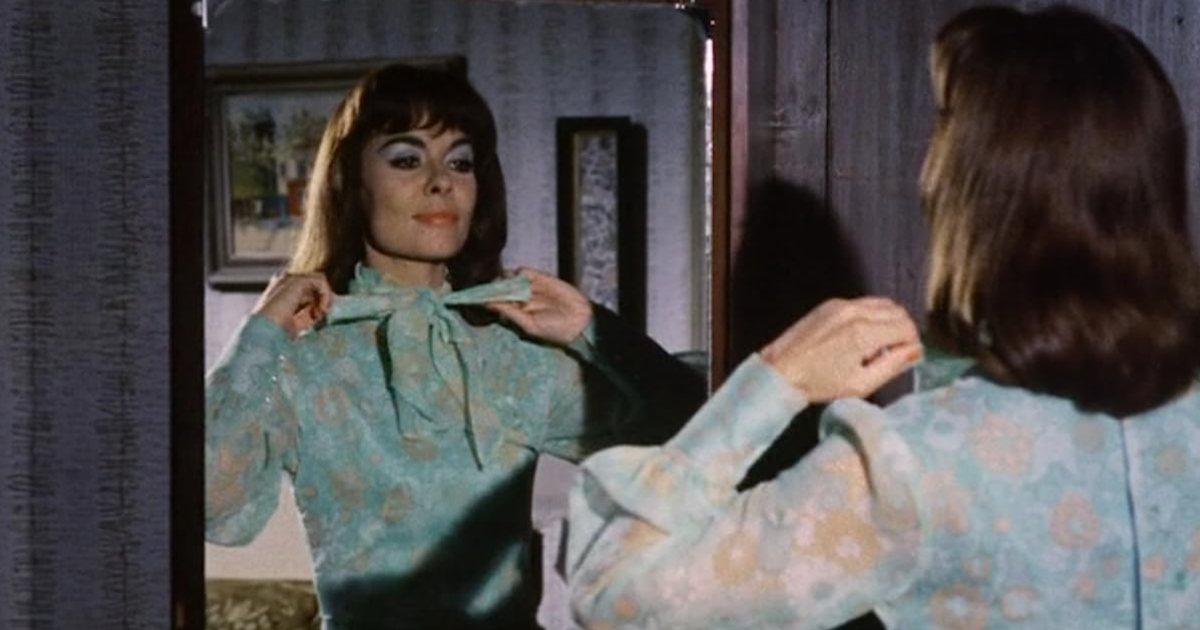
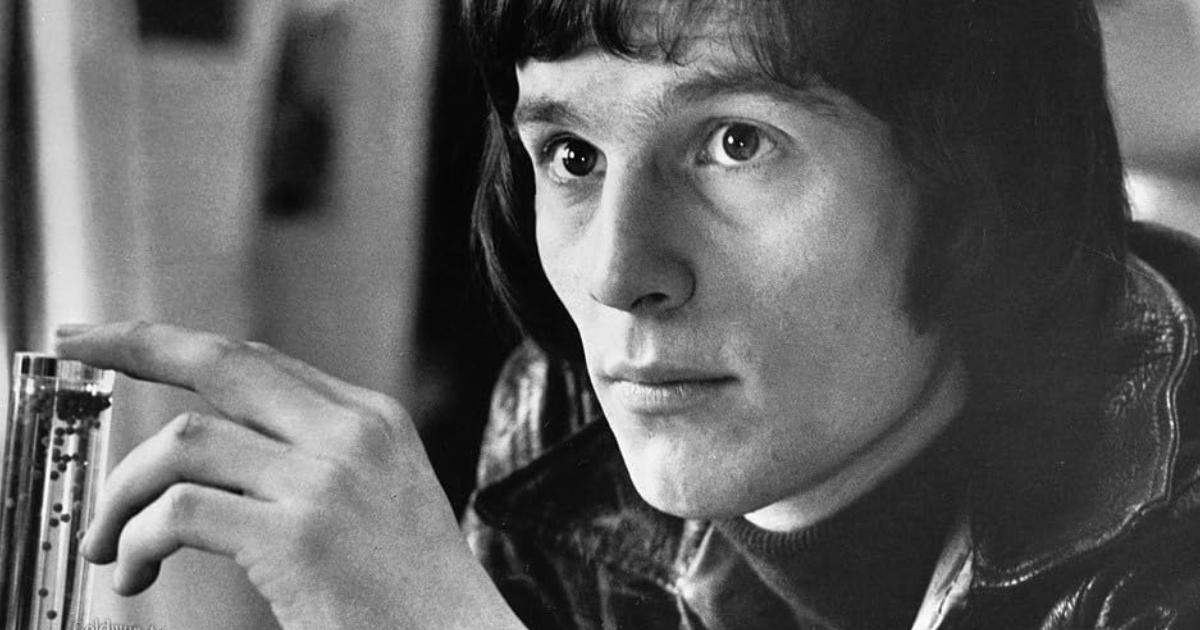
.jpg)
Comments
Post a Comment